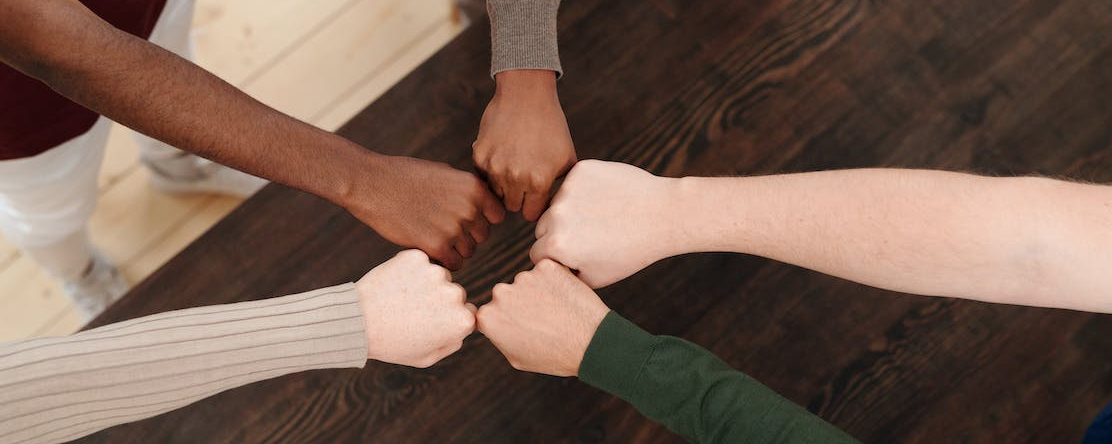
Event
Register: CA4Health’s 2023 21-Day Racial Equity & Social Justice Challenge
-
Focus Areas
Capacity Building & Leadership, Healthy Communities -
Issues
Population Health -
Expertise
Coalition & Network Building -
Programs
CA4Health

Racial Equity & Social Justice 21-Day Challenge
February 6, 2023 – February 27, 2023
The CA4Health Challenge is designed to engage participants by having them dedicate approximately 30 minutes a day for 21 days. You will be presented with daily challenges such as reading an article, watching a video, reflecting on personal experiences, and more. Participation in an activity like this helps us to discover how racial, social and environmental injustices impact our community to connect with one another and identify ways to dismantle racism and other forms of discrimination. The data we gather here will help us understand who is participating and make the Challenge better over time.
REGISTER HEREWhat is the 21-Day Challenge?
The Challenge helps you to make daily time and space to build more effective social justice habits—particularly those dealing with issues of race, power, privilege and leadership—for 21 days.
Participants who sign up for the challenge will receive daily tasks via email to help foster their understanding and awareness, including activities such as:
- Reading an article
- Watching a video
- Reflecting on personal experience
Participation in our 21-Day Challenge helps us discover how racial inequity and social injustice impact our community, connect with one another and identify ways to dismantle racism and other forms of discrimination.
How do I know if I am up for the Challenge?
This challenge was created for anyone interested in learning, analyzing and reflecting more about racial equity and examining these issues in our own communities—whether you consider yourself an ally, advocate or an interested community member, this challenge is for you.
What is racial equity?
It is both an outcome and a process. As a process, we apply racial equity to policies, systems, structures and institutions by analyzing data so we can identify, uncover and remove barriers that produce disparate (unfavorable) outcomes based on race. As an outcome, racial equity is the condition that would be achieved if one’s racial identity no longer predicted, in a statistical sense, how one fares in society.
Why should a group or team at my organization do the Challenge?
This Challenge is one of the most powerful interventions an organization can do to build community and create an inclusive culture. The Challenge can lead to transformative results, including:
- Building new, positive habits that can change ourselves, our teams, our organizations and our communities.
- Taking small actions alongside one another to create momentum and a sense of teamwork.
- Creating a profound, elevating experience to increase the likelihood that participants will take action.
- Participating in meaningful conversations about racism and social justice.
Already completed a previous Challenge? Go through it again to refresh your skills and find a Challenge buddy to join you! You can work together on the daily tasks, meet along the way to discuss topics, and deepen learnings together.
More Updates
Work With Us
You change the world. We do the rest. Explore fiscal sponsorship at PHI.
Support Us
Together, we can accelerate our response to public health’s most critical issues.
Find Employment
Begin your career at the Public Health Institute.



